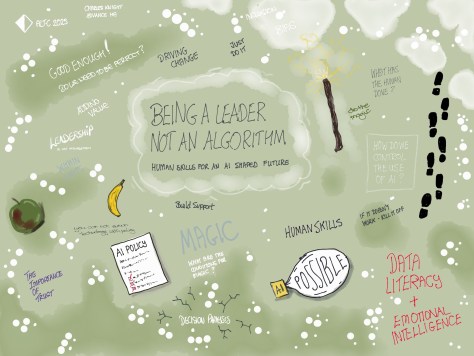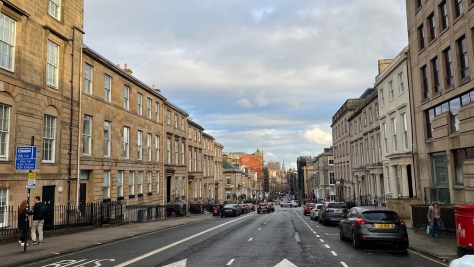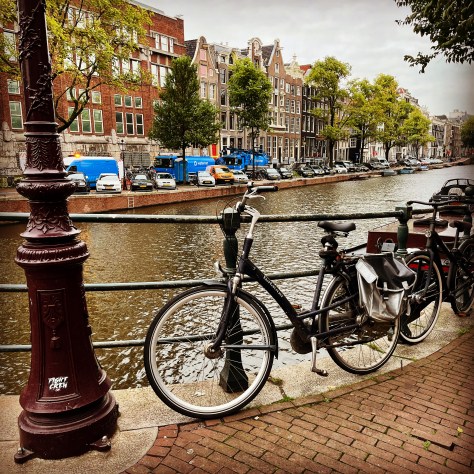On Monday I was in London, along with my colleague, I was delivering a presentation about Jisc to a delegation of Koreans from KERIS. They were on a study tour of the UK and had asked to see Jisc and hear about who we support higher education. It was an interesting experience presenting and then waiting for the translation, before continuing the delivery. Likewise answering question was equally challenging. I wrote up about the visit for an internal blog.
I was involved in various meetings about a workshop I am helping to deliver next week in Amsterdam.
I spent a lot of time analysing the recent higher education white paper and what it means for higher education, Jisc, and what we can do to support the sector. There was a lot of discussion in the paper about collaboration and sharing.

I noted that Advance HE are getting into the collaboration space as announced on the WonkHE site.
On the site this morning, Alistair Jarvis sets out for the first time his plans for Advance HE to focus its offer to members on transformation and change. Recognising that the sector’s challenges will necessitate significant transformation agendas, innovation and a different set of leadership skills, Jarvis commits to modernising the sector’s development agency and putting transformation and change “at the heart of what Advance HE does.” A new strategic advisory group will support in-house expertise to embed transformation support across all Advance HE’s programmes, products, and services.
Read more on Wonkhe.
There are some interesting comments in the article and the primary focus of Advance HE now to be on transformation and change (rather than improvement).
Firstly, we have made supporting transformation and change a core part of our membership offer.
They indicate that they will do this by:
Supporting enhancement, change and transformation will now be at the heart of what Advance HE does – embedded across our member benefits, our programmes and our consultancy. To help institutions through these challenging times we will apply our expertise, experience and resources to best support enhancement and service improvement, where it is needed.
As we know transformation is usually enhanced and enabled by digital, data and technology. The next comment shows a potential opportunity for Jisc as well.
Collaborating with partner organisations that are supporting transformation and change will be central to our approach. Blending our expertise in leadership development, educational excellence, equality and inclusion, governance effectiveness with the experience of partners that have different but complementary skills and capabilities.
They also see that they have a role for mergers as well as less formal collaboration as well.
…we have launched the Merger Insights and Roadmap, a new resource for navigating institutional collaboration, partnerships and mergers.
Interesting times.





















